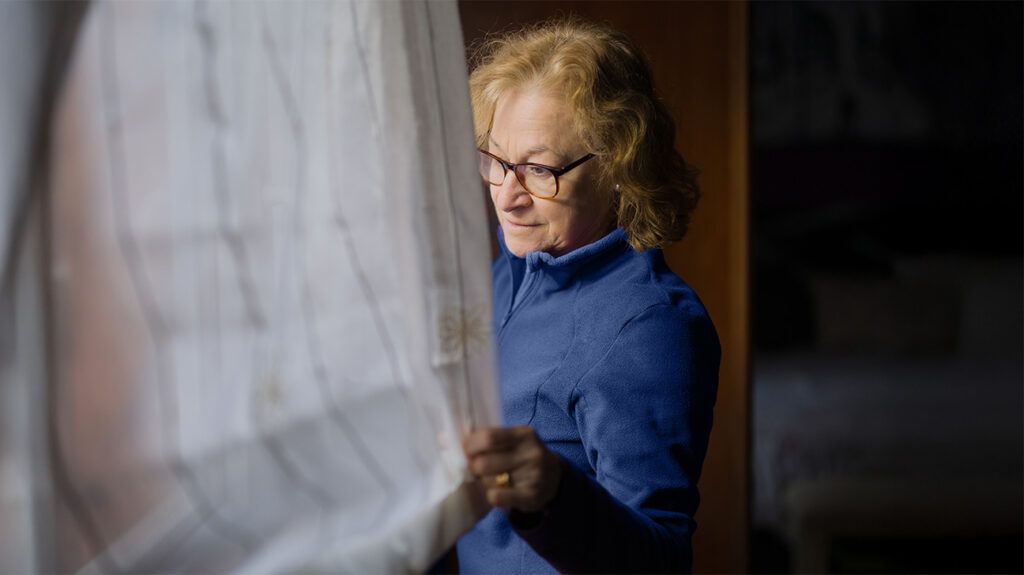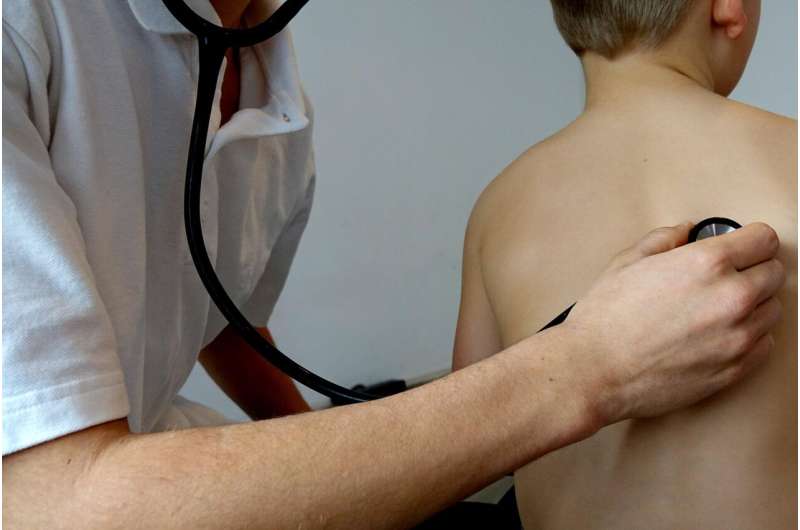Many Physicians Would Consider Assisted Dying for Themselves in Cases of Advanced Illness

An international survey shows that over half of doctors would consider assisted dying if faced with advanced cancer or Alzheimer's, influenced by legislation and personal beliefs.
A recent international survey published in the Journal of Medical Ethics reveals that over half of doctors would contemplate assisted dying if they were facing advanced cancer or Alzheimer's disease. The study analyzed responses from physicians across various jurisdictions with differing laws on euthanasia and physician-assisted suicide, including Belgium, Italy, Canada, several US states, and Australian regions. Most doctors indicated a preference for symptom management over life-sustaining treatments such as CPR, mechanical ventilation, or tube feeding when considering their own end-of-life care.
The survey included scenarios involving advanced cancer and Alzheimer's, asking physicians about their openness to practices like palliative sedation, euthanasia, and the use of drugs to end life. Results showed that approximately 54% of respondents would consider euthanasia in cancer scenarios, and about 51.5% in Alzheimer's cases. Additionally, roughly one-third of doctors considered the use of terminal drugs for their own demise.
Preferences varied significantly based on the legal environment; physicians practicing in regions where euthanasia and assisted suicide were legal were more likely to consider these options as acceptable for themselves. Non-religious doctors also showed a higher inclination toward accepting euthanasia and physician-assisted suicide compared to religious colleagues.
Despite the diversity in responses, a consistent theme emerged: physicians generally favored alleviating suffering through symptom relief and avoiding invasive life-prolonging measures at the end of life. The findings suggest that local legislation profoundly influences doctors' personal choices regarding end-of-life options.
The researchers emphasize that these insights can inform discussions on clinical practices and policies related to euthanasia, physician-assisted dying, and end-of-life care, highlighting how legal and cultural factors shape personal medical preferences.
Stay Updated with Mia's Feed
Get the latest health & wellness insights delivered straight to your inbox.
Related Articles
RFK Jr. Calls for Re-Evaluation of Mifepristone, the Common Abortion Pill
U.S. health officials are reviewing the safety of mifepristone, a widely used medication for early pregnancy termination, amid ongoing political and legal debates. Experts call for evidence-based evaluation of potential risks and adverse events.
Radiotherapy for Breast Cancer May Lower Short-Term Alzheimer’s Risk
Recent studies suggest that radiotherapy for breast cancer may reduce short-term risk of Alzheimer’s, opening new avenues in cognitive health research.
Children's Risk of Long COVID Doubles After Second COVID-19 Infection
A new large-scale study reveals that children are at more than twice the risk of developing long COVID after a second infection, underscoring the importance of prevention through vaccination and health measures.



